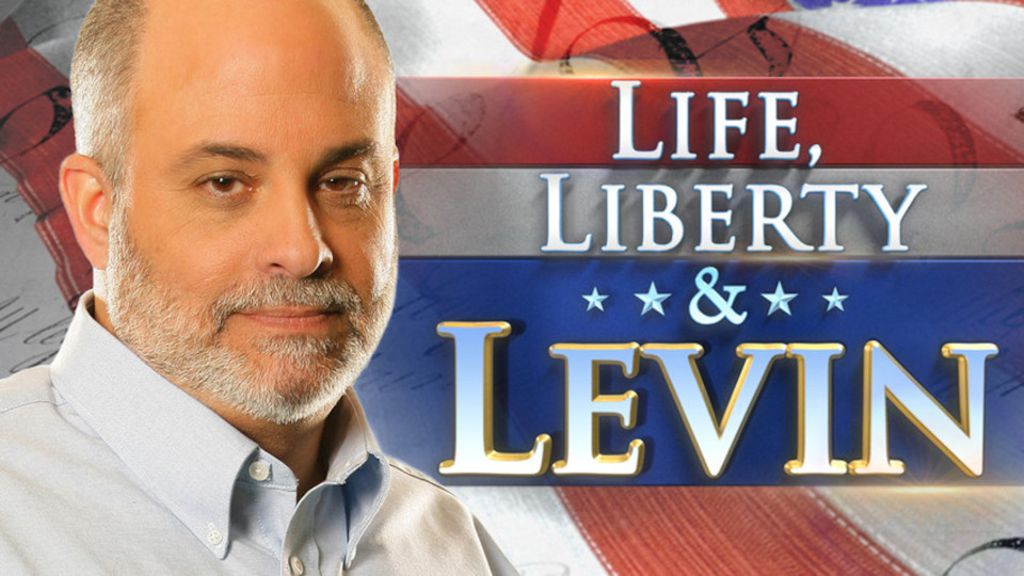
The American polity recently tore itself apart debating the morality of adding $1.5 trillion in tax cuts to the national debt. Yet the $82 trillion avalanche of Social Security and Medicare deficits that will come over the next three decades elicits a collective shrug. Future historians — and taxpayers — are unlikely to forgive our casual indifference to what has been called “the most predictable economic crisis in history.”
Over the next 30 years, according to data from the Congressional Budget Office, Medicare will run a $40 trillion cash deficit, Social Security will run a $19 trillion cash deficit and the interest on the resulting program debt will be $23 trillion. (To inflation-adjust these figures, trim by one-third.)
CBO projects that, over the next 30 years, the national debt will grow from $20 trillion to $92 trillion ($52 trillion after inflation) — or much higher if interest rates return to historically typical levels.
Politicians brush aside the issue by promising easy fixes. Tax the rich? Doubling the 35 and 37 percent tax brackets to 70 and 74 percent would close just one-fifth of the long-term Social Security and Medicare shortfall. Even seizing all annual income earned over $500,000 would not come close. Popular proposals to more aggressively tax banks, investors, hedge-fund managers and oil and gas companies are a cumulative rounding error compared with these deficits.
On the spending side, slashing the defense budget to European levels would close just one-seventh of the gap. Cutting waste and foreign aid can close only a small percentage of it.
In reality, balancing the long-term budget without reforming Social Security and Medicare (and fast-growing Medicaid) would require either nearly doubling income-tax rates across the board or eliminating nearly every remaining federal function.
Steep economic growth could close only some of the shortfall. Growth rates will already be limited by the labor-force slowdown caused by baby boomer retirements and declining birth rates.
That leaves productivity to drive growth. Even assuming the white-hot 1.8 percent rate that prevailed from 1992 through 2005, the resulting higher incomes and tax revenues would seem to close 40 percent of the funding gap — until one accounts for the fact that higher incomes would automatically result in higher Social Security benefits when these workers retired.
Finally, there’s the argument that Social Security and Medicare represent an unbreakable, unamendable promise to the elderly, consequences be damned. Of course, today’s teenagers never signed up for this budget-busting deal. Besides, benefits have been repeatedly expanded far beyond what current retirees were promised while working.
Those reasonably claiming “I just want the benefits I earned!” should be considered allies for reform. Setting lifetime Social Security and Medicare benefits equal to the net present value of each person’s lifetime contributions to the systems — and not a penny more — would eliminate most of the long-term shortfall.
More realistically, Social Security can be addressed by gradually raising the eligibility age and more aggressively means-testing benefits for wealthy retirees. Medicare reform can require that upper-income seniors pay the full cost of their physician and drug coverage (which, unlike hospital coverage, is not “earned” with prior payroll taxes) and eventually transition to a premium-support model that harnesses private-sector choice and competition to slow cost growth.
These reforms would largely shield younger taxpayers, because drowning the next generation in taxes is no better than drowning them in debt.
Restructuring cannot wait. Every year of delay sees 4 million more baby boomers retire and get locked into benefits that will be difficult to alter, and yet the window is closing fast on the longstanding promise to exempt current and near-retirees. More than one-third of all baby boomers have already retired, and another third will retire over the next six years.
Ultimately, the math always wins. The deficit will continue expanding, key programs will continue to be squeezed and taxes will rise until politicians and voters finally confront the elephant in the room.
By Brian Riedl
Brian Riedl is a senior fellow at the Manhattan Institute. Reprinted with permission from National Review.








